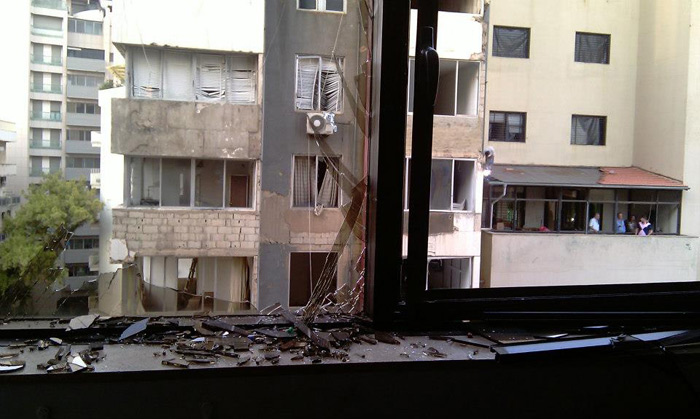Joe Dyke
Joe Dyke worked at Executive from 2012 until 2014, mostly as economics and politics editor. He later worked for The New Humanitarian, Agence France Presse (AFP) and is now head of investigations at the civilian harm monitoring organisation Airwars.

